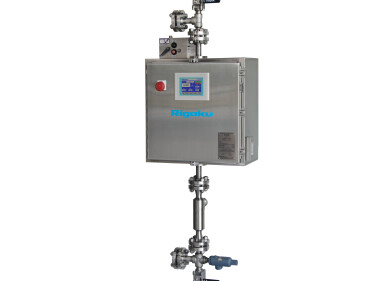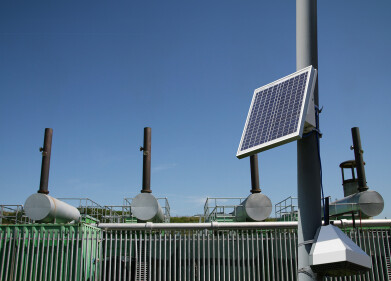Measurement and Testing
Why Has Canada's Oil Sands Plan Collapsed?
Mar 20 2020
Following nine years of discussions, a major developer has pulled out of a project to expand mining infrastructure in Canada's oil sands. The decision was made shortly before the regulatory deadline for government approval, which saved Prime Minister Justin Trudeau from making a tough choice between developing the country's energy interests and addressing longstanding environmental concerns.
If the Frontier project had gone ahead it would have boosted Canadian oil production by around 5%. On the flipside, environmentalists slammed the development for the destruction of 24,000 acres of boreal forest. The project would also add to the climate change crisis by releasing millions of tons of carbon dioxide into the air.
Choosing between the economy and the environment
The announcement was made in a letter published by Vancouver-based developer Teck Resources, which stated "there is no constructive path forward." While the decision won praise from environmentalists, conservatives criticised Trudeau for failing to secure a project that would have provided a much-needed boost to the Alberta economy and created thousands of jobs.
"It's what happens when governments lack the courage to defend the interests of Canadians against a militant minority," said Alberta Prime Minister Jason Kenney, referring to the indigenous groups that opposed the natural gas pipeline and projects like the oil sands development.
A reaction to the changing energy landscape
One of the major drivers behind the shutdown of the Frontier project was a change in the energy landscape. When Teck Resources first proposed the project, the market was vastly different. The US shale drilling boom was just taking off and the Keystone XL pipeline promised to deliver a fast and efficient way of transporting Canadian oil sands to the US. Now, the United States has access to a glut of oil and the Keystone project is yet to be completed.
Analysts also warn that for a project like Frontier to break even, the price of western Texas intermediate oil needs to average around US$65 per barrel over 10 years or higher. This represents an increase of around US$15 on current prices, with some experts increasing the figure to US$85. Andrew Leach, professor of energy economics at the University of Alberta says the decision is disappointing yet practical and reflects Canada's changing environmental policies. "Teck made it clear that he doesn't want a situation in which a project has to respond to all of Canada's climate policies and climate commitments," he said.
Compared to pipeline oil, liquefied gases such as LNG or LPG are often easier and cheaper to transport. In today’s competitive environment efficiency is key, a concept that's explored in 'Clear signals for LNG robust, guided radar sensors ensure measurement accuracy in LNG production.'
Digital Edition
PIN 25.5 Oct/Nov 2024
November 2024
Analytical Instrumentation - Picturing Viscosity – How Can a Viscometer or a Rheometer Benefit You? - Sustainable Grease Formulations: Evaluating Key Performance Parameters and Testing Method...
View all digital editions
Events
Nov 27 2024 Istanbul, Turkey
Biogas Convention & Trade Fair 2024
Nov 27 2024 Hanover, Germany
Dec 03 2024 Dusseldorf, Germany
Dec 08 2024 Anaheim, CA, USA
Turkey & Black Sea Oil and Gas
Dec 11 2024 Istanbul, Turkey



















